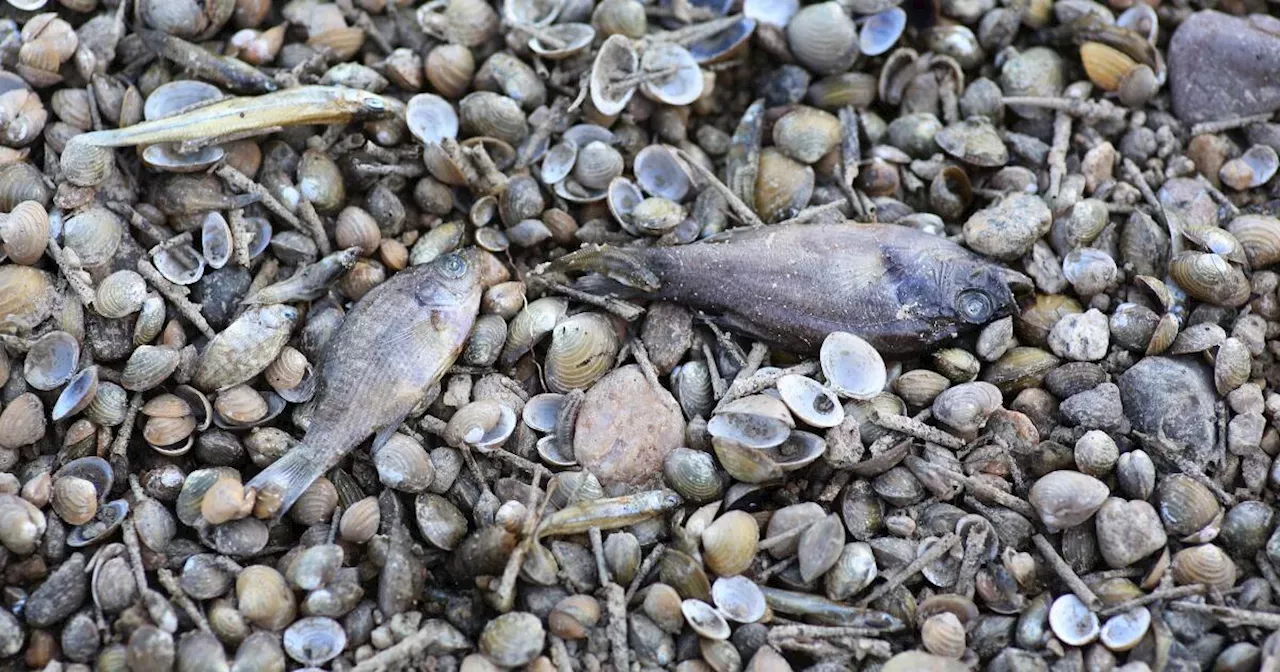Two Mumbai women are on a mission to clean up and manage waste in 10 villages in Raigad district. Jerry Pinto, poet, writer and translator | One of the biggest environmental banes of today’s time is waste, especially plastic waste. Two women have taken it upon themselves to show that it is entirely possible to clean up the trash and manage it efficiently.
Project Aamhi's work has generated employment in 10 villages. Photo: Project Aamhi | Project Aamhi, an NGO, started as a pilot project in 2020 with the aim to find solutions to manage waste in rural Raigad. It was officially registered in 2023.

“Due to a rise in tourism in Raigad district and with better connectivity, a lot of tourists visit these destinations now, but leave behind a trail of trash,” says Hansu Pardiwala, who co-founded the organisation with Rosalind Pereira, Kiran Patel and Rita Raje. This, along with the lack of waste management by the locals, made them realise that the issue at hand needs to be dealt with quickly. The NGO collects around 700 kgs of discarded textiles.
Photo: Project Aamhi | “There is a huge gap in the enforcement of waste-related rules. There are rules made by governing bodies, but nobody is enforcing them,” says Pardiwala. Plastic waste is the biggest environmental bane in today's time.
Photo: Project Aamhi | “In rural India, there’s a very different kind of waste management problem compared to urban areas. In cities, there's somebody that comes in to pick up the waste, which is not the case in villages,” explains Rosalind Pereira. So, the trash is littered on the roads, common areas, playgrounds, beaches etc.
A rise in tourism has led to large quantity of waste. Photo: Project Aamhi | Project Aamhi first cleaned up villages, working in 10 villages — Nandgaon, Kashid, Chikni, Sarva, Danda, Vihur, Upper Mazgaon, Barshiv, Borli and Korlai. The light weight and voluminous plastic waste is segregated and compressed, then sent for recycling to different locations.
So far, the organisation, with the help of locals, has collected footwear, HDPE (hard plastic), PET plastic waste, glass, thermocol, marine footwear, fishing nets, foam, discarded textiles, single use plastic, multi-layer plastic and rubber. A happy byproduct of Project Aamhi’s work has been the employment of 20 women from these villages. “We look at essentially extracting no value waste, which otherwise would not be picked up by a bhangarwala or a local resource,” explains Pereira.
While a huge part of waste is sent to the recyclers, discarded textiles, which are found in hundreds of kilos, are upcycled. Clothes that can’t be donated are used to make cloth potli bags. The 10 villages are primarily coastal regions dotted with coconut trees.
With the help of machines, the women now shred coconut fronds to create organic compost. In a very short time, the organisation has been hugely successful. Each month, they have been collecting around 10 metric tons of waste, which is segregated and sent for recycling.
“The Marathi word aamhi means all of us together. We, together, can really make a difference. We don't want this to be a project that’s for everyone — we all need to take responsibility, we all need to take ownership.
As we are all part of this waste problem, we all need to be part of the solution,” signs off Pardiwala. Jerry Pinto, poet, writer and translator and a friend of Pereira believes that plastic represents one of the greatest dangers to human civilisation and the environment. “India has great natural beauty and we seem intent on ruining it by spoiling it in every way possible by dumping trash like plastic bottles, old clothes etc.
Project Aamhi seems to be doing a great job at cleaning our coastlines, employing local people and implanting ideas of recycling,” he shares..
.jpg)


















